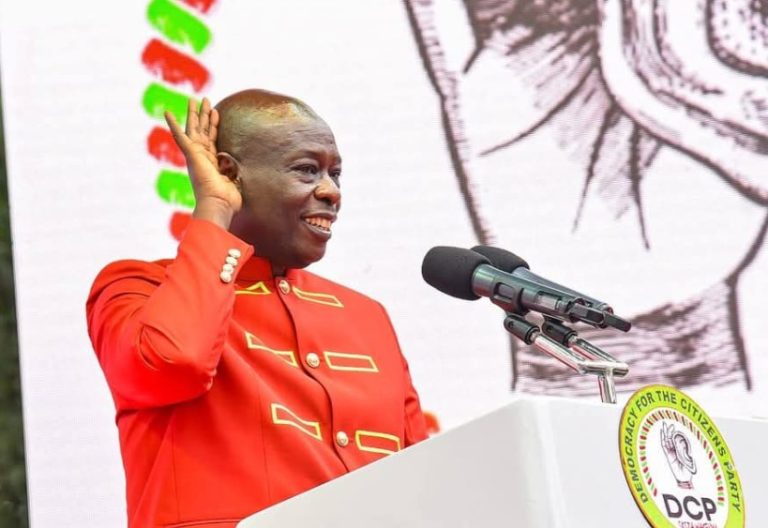The shift that Kenya needs to advance its politics

Former Deputy President Rigathi Gachagua’s has raised eyebrows by launching his own political party. Is this a strategic move for power, or does it indicate a deeper shift in Kenya’s political system? Gachagua’s move presents an opportunity for a conversation about the future of political parties in the country. It could be an opportunity for Kenya to rethink its political structure, or simply another attempt to solidify regional dominance.
Kenya’s politics has historically been shaped more by ethnic and regional allegiances than national ideologies. Political parties have emerged from these regional interests. For instance, KANU, Kenya’s first ruling party, started as a nationalist movement but eventually aligned itself closely with the interests of Central Kenya’s political elite before retreating to the Rift Valley.
Similarly, opposition groups like FORD and NARC emerged as regional coalitions rather than being founded on national policies. Currently, parties like ODM and UDA heavily rely on ethnic groups for backing. This trend shows that ethnic and regional loyalty frequently outweighs national unity in Kenya’s political domain.
KANU’s historic achievements were rooted in its capacity to unite various ethnic factions under the cause of independence. However, with time, KANU became more associated with specific regions, which contributed to its decline. NARC, formed to defeat KANU in 2002, proved that Kenyans could rally around a cause that transcended ethnicity, but it ultimately collapsed due to internal power struggles.
In contrast, South Africa’s ANC has withstood the test of time. Initially centred on resisting apartheid, the ANC transformed into a party representing all South Africans, not just particular ethnic groups. Its transition from a regional movement to a national platform was instrumental to its triumph in post-apartheid South Africa. This underscores that regional parties can evolve into national forces if they resonate with broader public concerns.
A shift away from ethnic-based movements is necessary for Gachagua and other parties to thrive, as well as for the advancement of Kenyan politics. Political parties should be driven by well-defined ideologies and policy goals, representing more than just regional priorities or the aspirations of influential figures. Kenyan parties must provide tangible answers to national issues, such as economic development, educational reform, and climate change adaptation.
The youth in Kenya are frustrated with the traditional political system. They are digitally connected and demand greater transparency and accountability from their leaders. Political parties need to harness digital tools for engagement. Social media and apps can enhance interaction with the public, collect input, and incorporate citizens into decision-making processes. This would not only make politics more inclusive but also build trust between voters and political organisations.
Gachagua’s new party may be viewed as a mere power play, or it could signal the start of a political revolution.
The write is an Innovations Evangelist and a PhD Candidate; machariamuhoho@gmail.com











